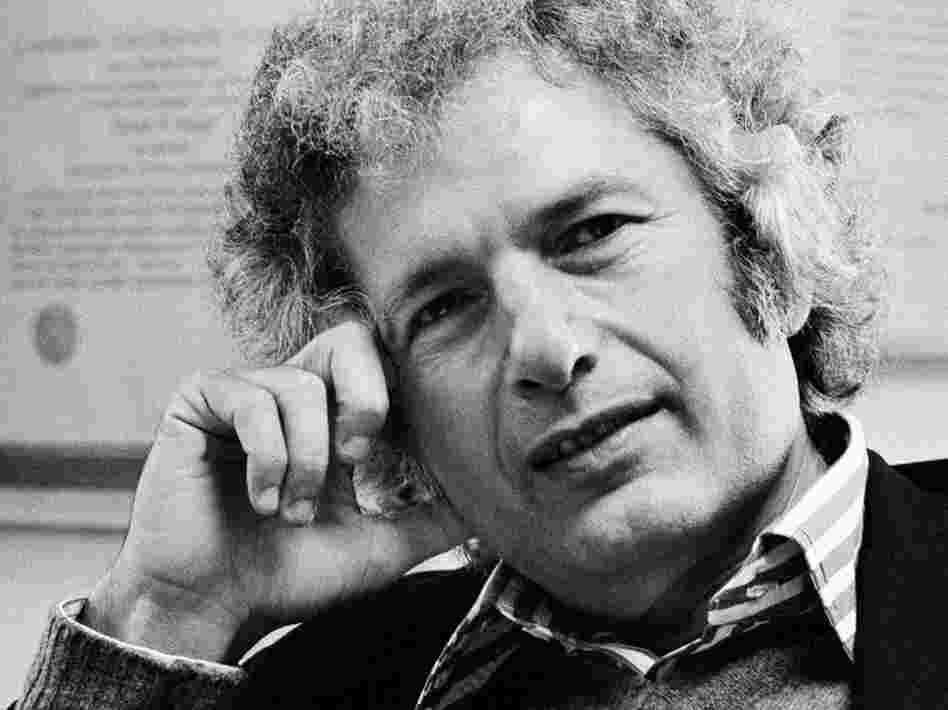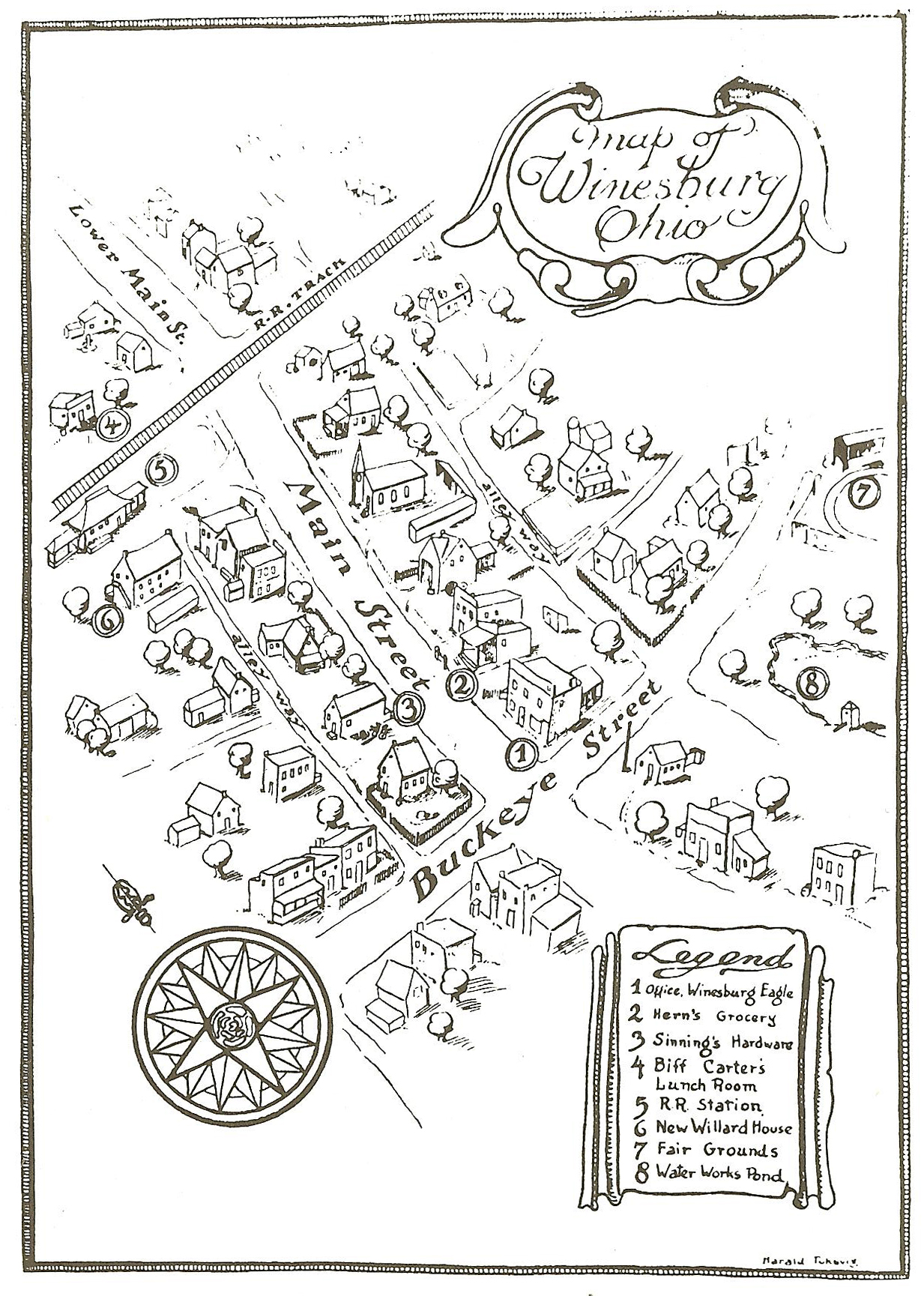Here are some more quick-hit reviews to bring me up to date
on my recent reading:
The
War of Art , by Steven Pressfield
This is a book for anyone who wants to create something
great, or accomplish some secret dream, and has had trouble getting started. “There's
a secret that real writers know that wannabe writers don't and the secret is
this: it's not the writing part that's hard. What's hard is sitting down to
write. What keeps us from sitting down is Resistance.” He does a great job of
naming the condition, and of helping you identify it in your life. And while I
really liked this book as I read it, as I look back after a month or two, I’m
hardpressed to remember what it was exactly that I’m supposed to do about it.
This could just be a fault of mine, but maybe the solutions he provides aren’t
as earth-shattering as the first read led me to believe. I guess I’ll have to
take a second pass through it to make sure I didn’t just fall asleep at the
wheel. But the good news is that it’s a book that would only take a couple
hours to read in the first place. I liked it as a breazy, but well-written,
get-your-butt-in-gear book, but it has yet to change my life so I’m going to
withhold judgement.
Mythologies , by Roland Barthes
This one was at times fascinating, but at other times
bordered on boring and arcane. Barthes is on a mission to uncover the real
meanings behind various pop culture phenomena that interested him in the France
of the mid 1950s. He might deconstruct the Tour de France, analyze a Marlon
Brando movie, pick apart a French governmental policy, explain a recent court
case or take a deep look at celebrity marriages. In some sections I found
myself saying, “Yes, exactly! Why haven’t I ever seen it that way before.” Take
this post I wrote after reading his thoughts on professional wrestling, for
example. But on other topics, I found myself shrugging my shoulders and
wondering, “Who really cares?” I imagine I would have enjoyed the book a lot
more if Barthes and I shared the same cultural milieu, or if he was still
around to turn his attention towards the
American culture of our day. But even so, when he wanders into semiology in the
second part of the book (in essence, the explanation of his explanations) I
quickly lost interest. It’s a pretty interesting literary touchpoint to have,
though, so I’m glad that I read it. And I’ll admit that some parts were
laugh-out-loud funny.
When
the Killing’s Done , by T. Coraghessan
Boyle
Before picking up this book, I had only read two stories by
Boyle, “The Lie” and “ Rapture of the Deep,” both of which were excellent, and
neither of which I can find for free online. So no links, sorry. I was excited
to see what Boyle can do in long form. And while I can’t say the subject matter
of this book was especially gripping (a battle over eradicating invasive
species on the channel islands of California) it really is masterfully written
and it will transport you into the clashing worlds of both environmental
activists and government-employed ecologists. In doing so, Boyle does something
pretty amazing: he makes you care almost equally about the protagonist and the
antagonist, as he unveils the background experiences and rationale that drives
each of them toward collision. I think the narrow focus of the themes keeps it
from being a great, universally appealing book, but it’s certainly a good one.




























